Home>Garden Essentials>What Is The Difference Between Celery Seed And Celery Salt
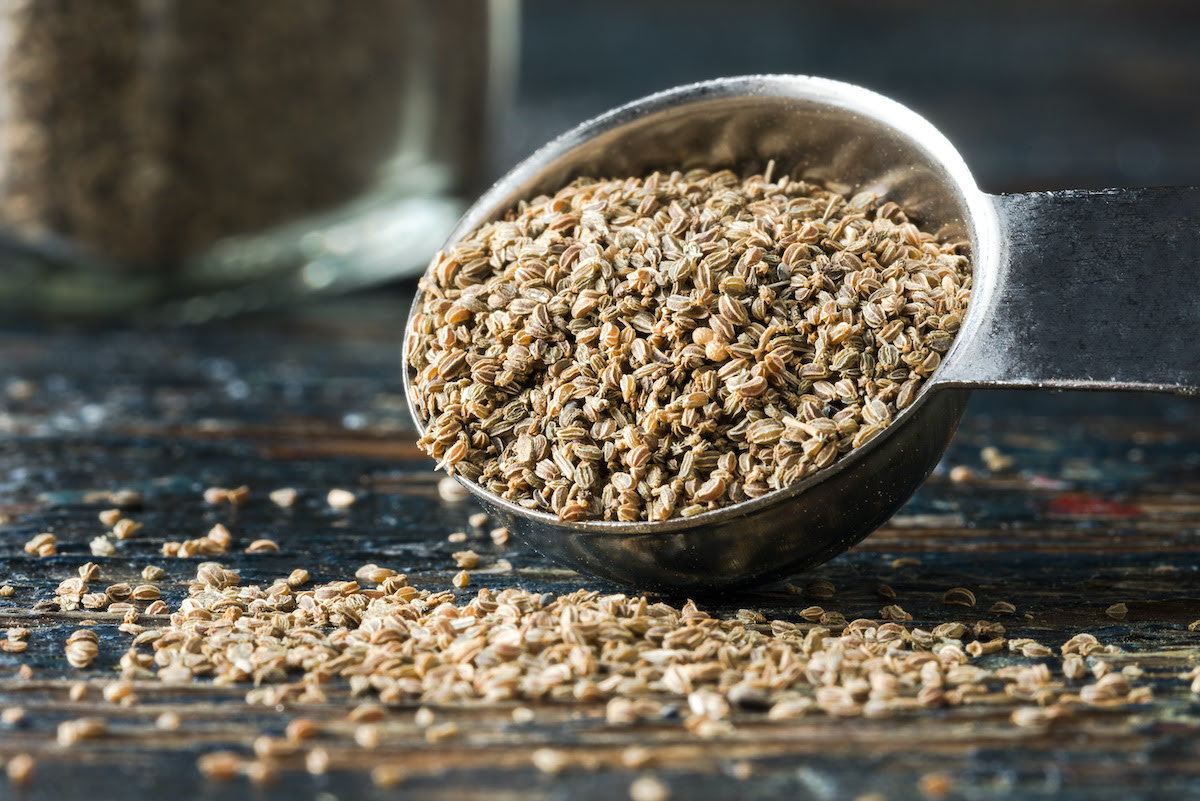

Garden Essentials
What Is The Difference Between Celery Seed And Celery Salt
Modified: March 24, 2024
Discover the distinction between celery seed and celery salt in your garden. Learn how each ingredient enhances flavor and elevates your culinary creations.
(Many of the links in this article redirect to a specific reviewed product. Your purchase of these products through affiliate links helps to generate commission for Storables.com, at no extra cost. Learn more)
Introduction
Celery is a versatile and popular vegetable that is widely used in various cuisines around the world. Not only is it delicious, but it also offers a range of health benefits. Interestingly, apart from the fresh stalks of celery that we commonly consume, there are two other forms of celery that are worth exploring: celery seed and celery salt. Both of these products derive from the celery plant, but they differ in taste, texture, and culinary applications. In this article, we will delve into the differences between celery seed and celery salt, as well as their nutritional profiles and potential health benefits.
Key Takeaways:
- Celery seed and celery salt offer unique flavors and health benefits, but should be used in moderation due to their sodium content. They can enhance dishes and provide potential health perks when used mindfully.
- Celery seed is nutrient-dense and versatile, while celery salt adds a convenient celery flavor to dishes. Both can be valuable additions to the kitchen, but moderation is key for health-conscious cooking.
Overview of Celery Seed
Celery seed refers to the small, brown seeds that are harvested from the celery plant. These seeds are typically dried and used as a spice or flavoring agent in various dishes. Celery seed has a strong, aromatic flavor that is reminiscent of fresh celery, but with a more concentrated and intense taste.
In terms of appearance, celery seeds are tiny and oval-shaped, with a dark brown color. They have a slightly bitter and earthy taste, which adds a unique depth of flavor to dishes. Celery seeds are commonly used in pickling recipes, spice blends, salad dressings, soups, stews, and even in making certain types of bread.
One key characteristic of celery seed is its versatility in culinary applications. It can be used as a stand-alone spice or combined with other seasonings to create complex flavor profiles. The small size of the seeds makes them easy to crush or grind, allowing for the release of their full flavor. Additionally, celery seed pairs well with a variety of ingredients, such as tomatoes, dill, parsley, garlic, and lemon.
Not only does celery seed enhance the taste of dishes, but it also offers potential health benefits. It is a rich source of essential nutrients, including calcium, potassium, magnesium, and vitamins C and A. Additionally, celery seed contains compounds that possess anti-inflammatory and antioxidant properties. Some studies suggest that these compounds may help reduce inflammation, improve digestion, and support heart health.
Overall, celery seed is a versatile spice that adds depth and a distinct flavor to many dishes. Its strong taste and health benefits make it a valuable addition to any kitchen.
Overview of Celery Salt
Celery salt is a seasoning blend that combines ground celery seed and salt. It is commonly used as a flavor enhancer in a variety of dishes, particularly in savory recipes. Celery salt has a unique taste that is both salty and subtly reminiscent of fresh celery.
The process of making celery salt involves grinding dried celery seeds and mixing them with salt. The addition of salt not only enhances the flavor of the celery seed but also acts as a preservative. The final product is a fine powder with a pale green color, owing to the presence of the ground celery seeds.
Celery salt is a popular ingredient in traditional American dishes, such as Bloody Mary cocktails, coleslaw, potato salads, and deviled eggs. It imparts a distinctive celery-like flavor to these dishes, elevating their taste profile. Additionally, it can be used as a seasoning for roasted vegetables, grilled meats, and marinades.
One advantage of using celery salt is its ability to provide a well-balanced flavor. The combination of the saltiness and the aromatic celery taste adds depth and complexity to dishes, without overpowering other ingredients. However, it’s important to note that celery salt contains sodium due to the inclusion of salt, so it should be used in moderation, especially for individuals on low-sodium diets.
In terms of nutritional content, celery salt retains some of the nutrients present in celery seeds, including vitamins and minerals. However, since it is primarily used as a seasoning and added in small quantities, its nutritional impact is relatively limited.
Overall, celery salt is a versatile seasoning that adds a unique flavor to dishes. Its combination of saltiness and celery flavor makes it a go-to ingredient for enhancing the taste of various recipes.
Nutritional Differences
When comparing the nutritional profiles of celery seed and celery salt, it’s important to note that celery seed is the more nutrient-dense option. This is because it contains the concentrated properties of the celery plant, while celery salt primarily consists of salt blended with ground celery seed. Here’s a breakdown of the nutritional differences between the two:
Celery Seed:
- Calories: Celery seed is low in calories, with approximately 8 calories per teaspoon.
- Macronutrients: Celery seed is predominantly composed of carbohydrates, with trace amounts of protein and fat.
- Fiber: It is a good source of dietary fiber, with around 1 gram per teaspoon. Fiber is essential for digestive health and can help regulate blood sugar levels.
- Vitamins: Celery seed contains small amounts of vitamins C, A, and K. These vitamins are important for immune function, vision health, and blood clotting.
- Minerals: It is rich in mineral content, particularly calcium, potassium, and magnesium. These minerals are essential for bone health, muscle function, and electrolyte balance in the body.
Celery Salt:
- Calories: Celery salt is also low in calories, with approximately 6 calories per teaspoon.
- Sodium: The main difference between celery salt and celery seed lies in the sodium content. Celery salt contains a significant amount of sodium due to the addition of salt. Consuming excessive amounts of sodium can contribute to high blood pressure and other health issues, so it should be used in moderation.
- Other nutrients: Celery salt retains some of the vitamins and minerals present in celery seed, but in lesser amounts due to the dilution with salt.
The nutritional differences between celery seed and celery salt highlight the importance of opting for celery seed when seeking additional health benefits. While celery salt can be a flavorful addition to dishes, its high sodium content should be taken into account, especially for individuals with dietary restrictions or conditions requiring reduced sodium intake.
Celery seed is the dried seed of the celery plant, while celery salt is a mixture of ground celery seed and salt. Use celery seed for a stronger celery flavor and celery salt for a more balanced seasoning.
Culinary Uses
Celery seed and celery salt have distinct culinary uses and can elevate the flavor of various dishes. Here are some popular culinary applications for each:
Celery Seed:
- Pickling: Celery seed is commonly used in pickling recipes to add a tangy and slightly bitter flavor. It enhances the taste of pickled vegetables, such as cucumbers, carrots, and bell peppers.
- Spice blends: Celery seed is a key ingredient in many spice blends, such as seasoning salts, Cajun seasoning, and curry powder. It adds depth and complexity to these blends, enhancing the overall flavor of dishes.
- Dressings and marinades: Celery seed can be incorporated into salad dressings, vinaigrettes, and marinades, providing a distinctive flavor that complements various ingredients.
- Soups and stews: The earthy and aromatic flavor of celery seed makes it a great addition to soups, stews, and broths. It adds a layer of complexity to the overall taste of these dishes.
- Breads and baked goods: Celery seed can be used in bread recipes to give a unique taste and aroma. It pairs well with whole grains, nuts, and seeds.
Celery Salt:
- Bloody Mary cocktails: Celery salt is a classic ingredient in Bloody Mary cocktails. It adds a savory, salty, and celery-like flavor that pairs well with the tomato-based drink.
- Coleslaw and potato salads: Celery salt is commonly used in coleslaw and potato salad recipes, providing a tangy and refreshing taste that enhances the overall flavor profile.
- Deviled eggs: It can be sprinkled on top of deviled eggs, adding a unique and savory touch to these appetizers.
- Roasted vegetables: Celery salt can be used to season roasted vegetables, enhancing their flavor with a hint of celery taste.
- Grilled meats: It can be used as a dry rub or seasoning for grilled meats, imparting a savory and aromatic flavor.
Both celery seed and celery salt offer a complementary flavor to many dishes, but it’s important to note that the intensity of taste may vary. It is advisable to start with smaller quantities and adjust according to personal preference and the specific recipe being prepared.
Health Benefits
Both celery seed and celery salt offer some potential health benefits due to the presence of beneficial compounds derived from the celery plant. Here are some of the potential health benefits associated with them:
Celery Seed:
- Anti-inflammatory properties: Celery seed contains compounds, such as apigenin and luteolin, which possess anti-inflammatory properties. These compounds may help reduce inflammation in the body and alleviate symptoms associated with inflammatory conditions like arthritis.
- Antioxidant activity: The antioxidants present in celery seed, such as phenolic acids, may help combat oxidative stress and protect cells from damage caused by free radicals. This antioxidant activity has potential implications for reducing the risk of chronic diseases.
- Improved digestion: Celery seed is known for its beneficial effects on digestion. The seeds contain compounds that can stimulate digestion, promote healthy bowel movements, and relieve digestive discomfort.
- Heart health support: Some studies suggest that celery seed may have cardiovascular benefits. It has been found to help lower blood pressure, reduce cholesterol levels, and improve overall heart health.
Celery Salt:
- Enhanced flavor without excessive sodium: The use of celery salt as a seasoning can help enhance the flavor of dishes, allowing for reduction in the use of additional salt without compromising taste.
- Nutrient preservation: Although the salt content may limit the nutritional impact of celery salt, it still retains some of the vitamins and minerals found in celery seed, albeit in smaller amounts.
While celery seed and celery salt offer potential health benefits, it’s important to remember that they should be used in moderation as part of a balanced diet. Additionally, it’s always advisable to consult with a healthcare professional before making any significant changes to your diet, especially if you have any underlying health conditions or concerns.
Potential Concerns
While celery seed and celery salt can offer flavor and potential health benefits, there are a few considerations and potential concerns to be aware of:
- Sodium content: Celery salt contains a significant amount of sodium due to the addition of salt. Excessive sodium intake can contribute to high blood pressure and other health issues. Individuals on low-sodium diets or those with certain health conditions should use celery salt in moderation or consider alternatives with lower sodium content.
- Allergy risk: Some individuals may have an allergic reaction to celery or celery seed. If you have a known celery allergy, it is advised to avoid both celery seed and celery salt to prevent any adverse reactions.
- Special dietary considerations: Individuals with specific dietary restrictions, such as low-sodium diets, should carefully monitor their intake of celery salt. It’s important to read food labels and be mindful of the total sodium content in your diet.
- Overconsumption: While celery seed and celery salt can offer unique flavors and potential health benefits, it’s important to remember that they should be consumed in moderation. Like any food or spice, excessive consumption may lead to adverse effects or interact with certain medications.
As with any dietary consideration, it is always recommended to consult with a healthcare professional, especially if you have specific dietary restrictions or concerns.
Overall, while celery seed and celery salt can be enjoyed in moderation as part of a balanced diet, it’s important to be mindful of potential concerns and take appropriate precautions based on individual health needs.
Conclusion
Celery seed and celery salt both offer unique flavors and culinary applications that can enhance the taste of various dishes. While celery seed is the more nutrient-dense option, celery salt provides a convenient way to incorporate the distinctive flavor of celery into recipes. It’s important to use both in moderation and consider individual dietary restrictions and preferences.
Celery seed, with its aromatic and slightly bitter taste, is a versatile spice that can be used in pickling, spice blends, dressings, soups, and baked goods. It not only adds depth and complexity to dishes but also offers potential health benefits, including anti-inflammatory and antioxidant properties.
Celery salt, a blend of ground celery seed and salt, is commonly used in cocktails, coleslaw, potato salads, and roasted vegetables. It provides a savory and tangy celery flavor while offering the convenience of a pre-mixed seasoning. However, due to its higher sodium content, it should be used in moderation, especially for individuals on low-sodium diets.
When it comes to choosing between celery seed and celery salt, it ultimately boils down to personal preference and the specific recipe being prepared. Both can be valuable additions to any kitchen pantry, allowing for the exploration of new flavors and the creation of delicious dishes.
It’s important to remember that while celery seed and celery salt offer potential health benefits, they should be part of a well-rounded diet that includes a variety of nutritious foods. As with any dietary consideration, it’s always advisable to consult with a healthcare professional or registered dietitian, especially if you have specific dietary restrictions or concerns.
So, whether you’re looking to add a burst of flavor to your pickles, season your soups, or elevate your cocktails, both celery seed and celery salt can play a unique role in your culinary adventures.
Frequently Asked Questions about What Is The Difference Between Celery Seed And Celery Salt
Was this page helpful?
At Storables.com, we guarantee accurate and reliable information. Our content, validated by Expert Board Contributors, is crafted following stringent Editorial Policies. We're committed to providing you with well-researched, expert-backed insights for all your informational needs.

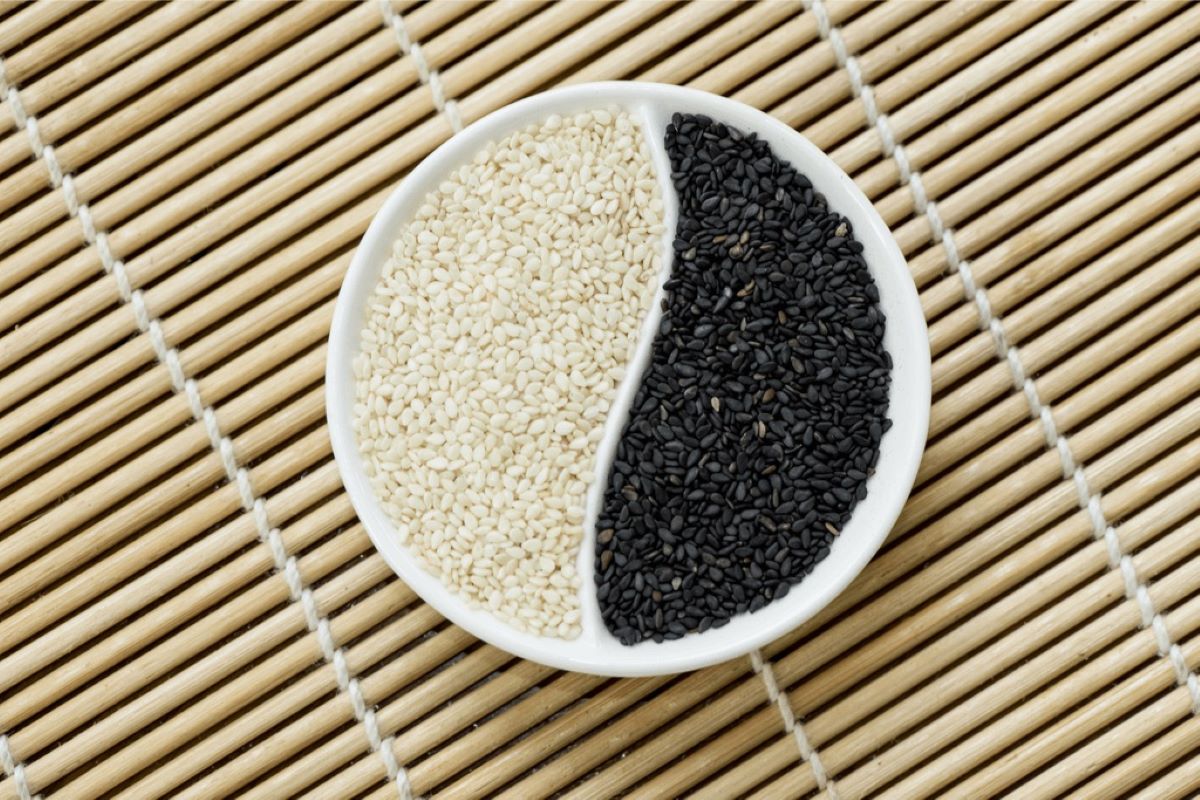
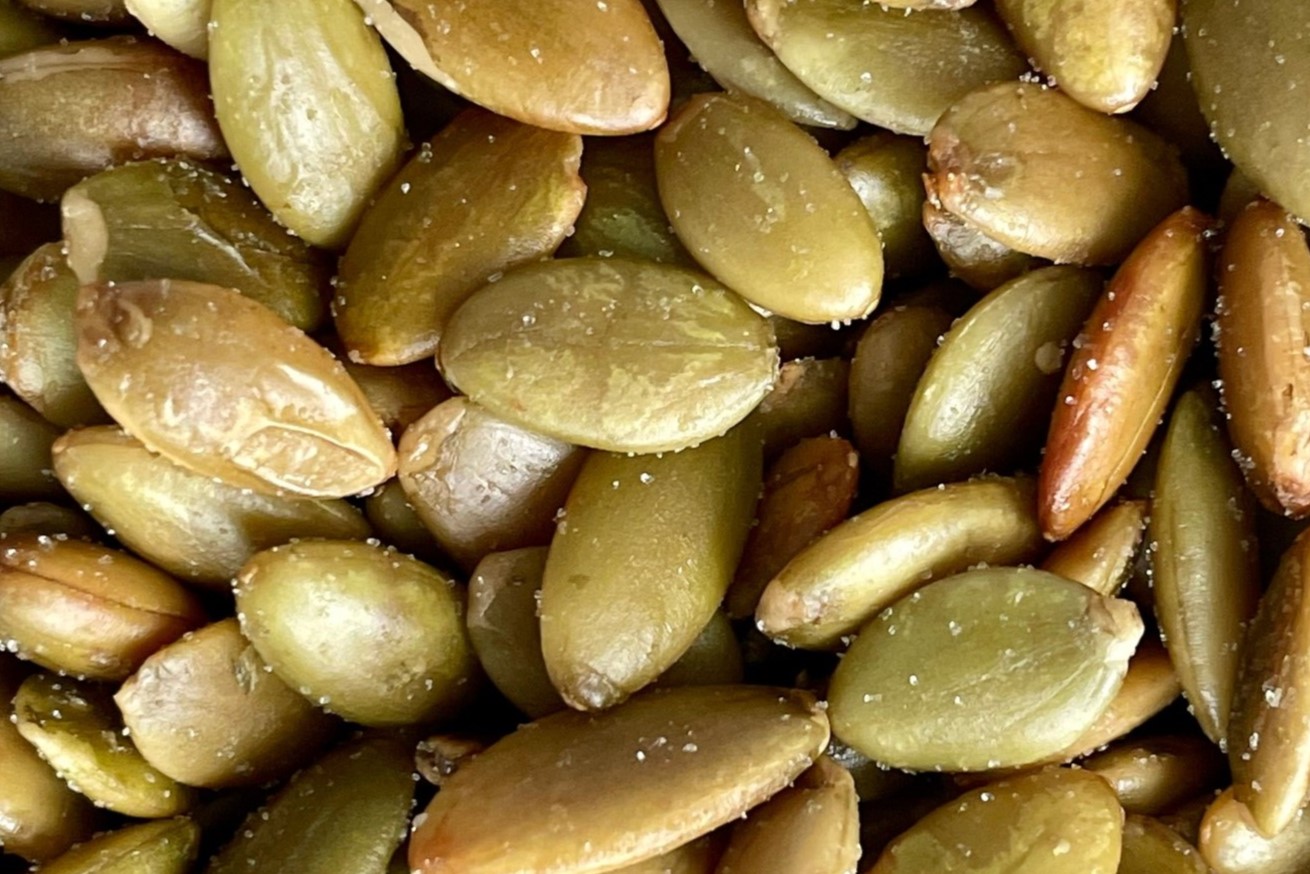
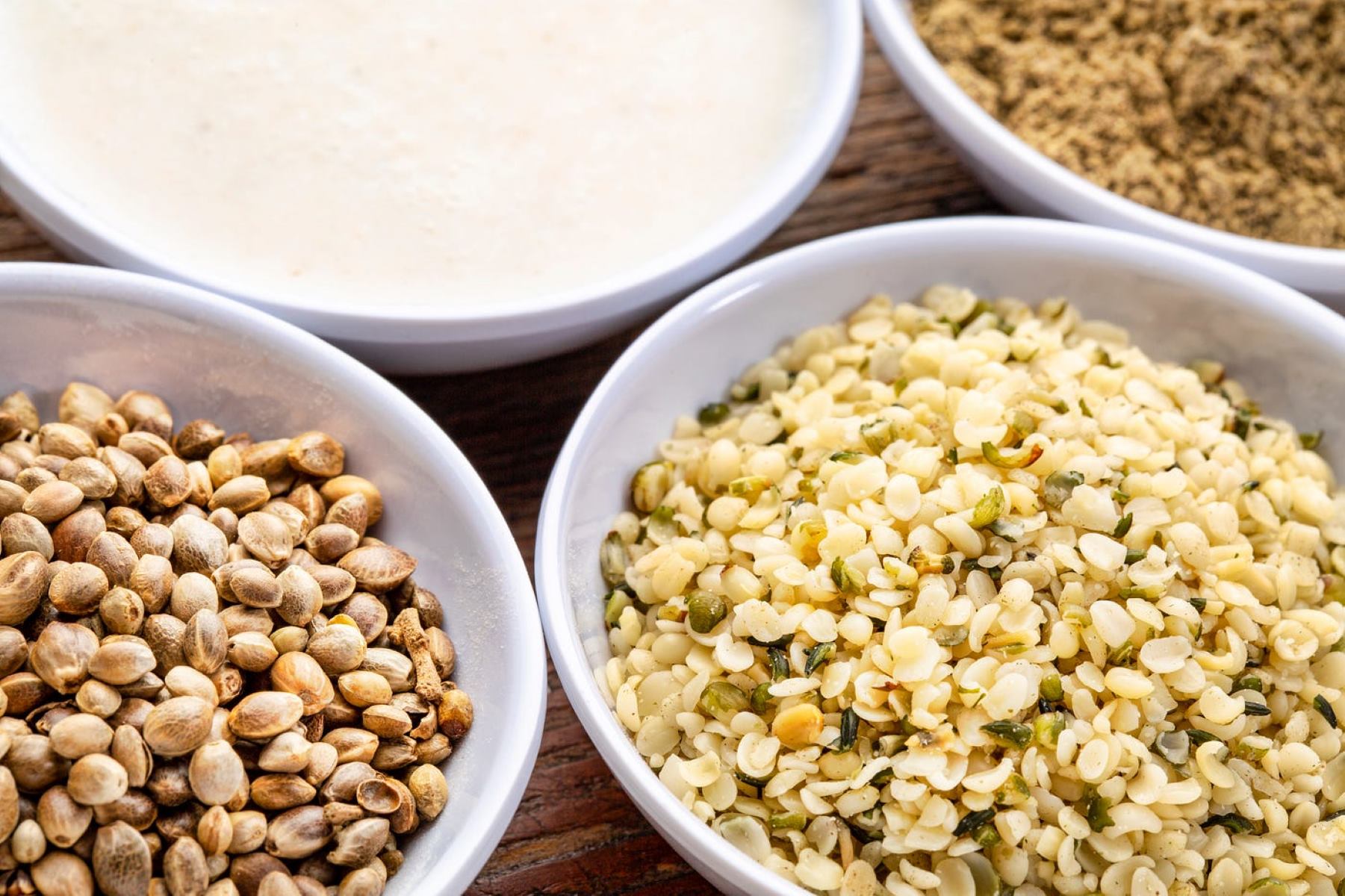
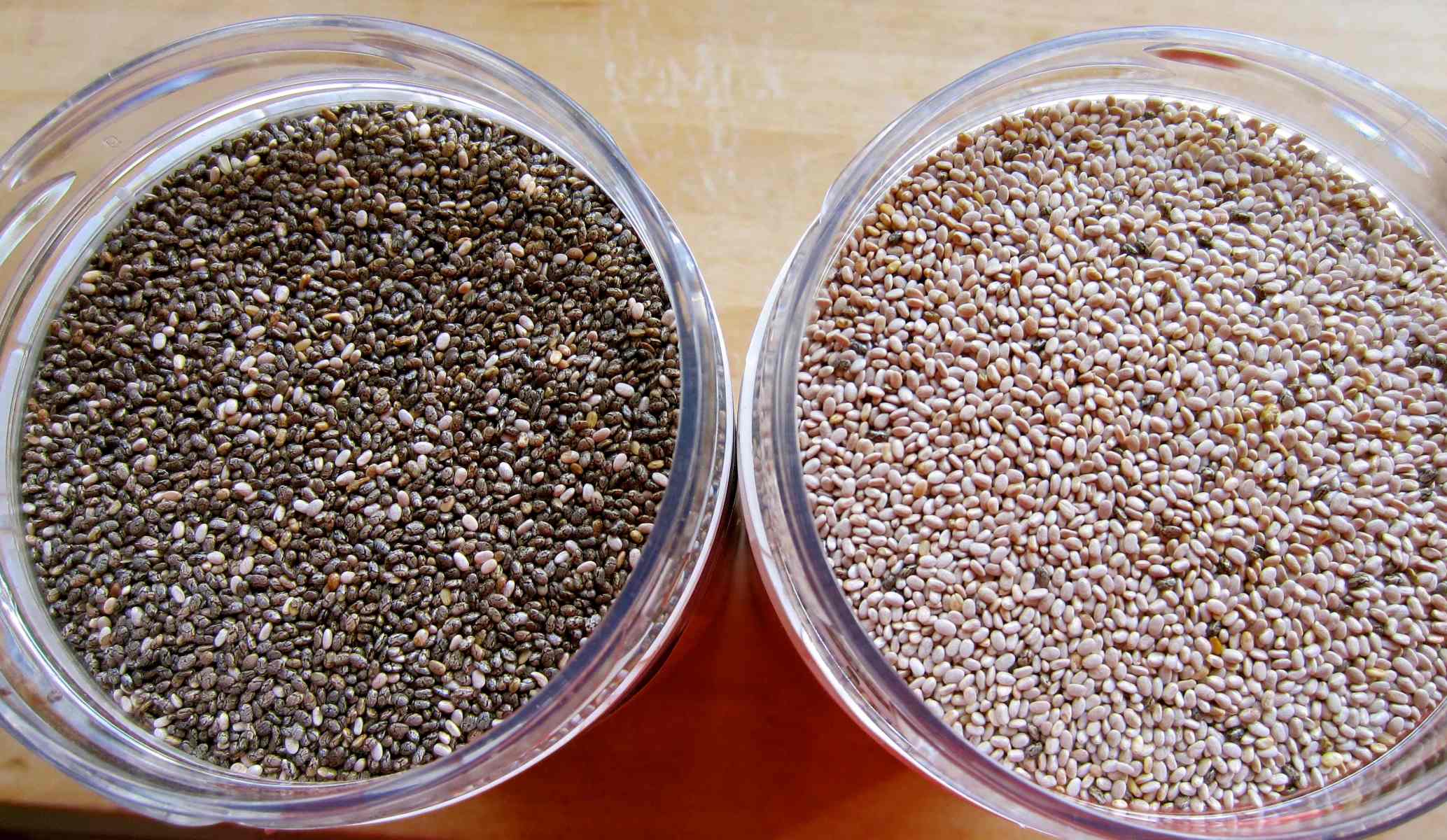

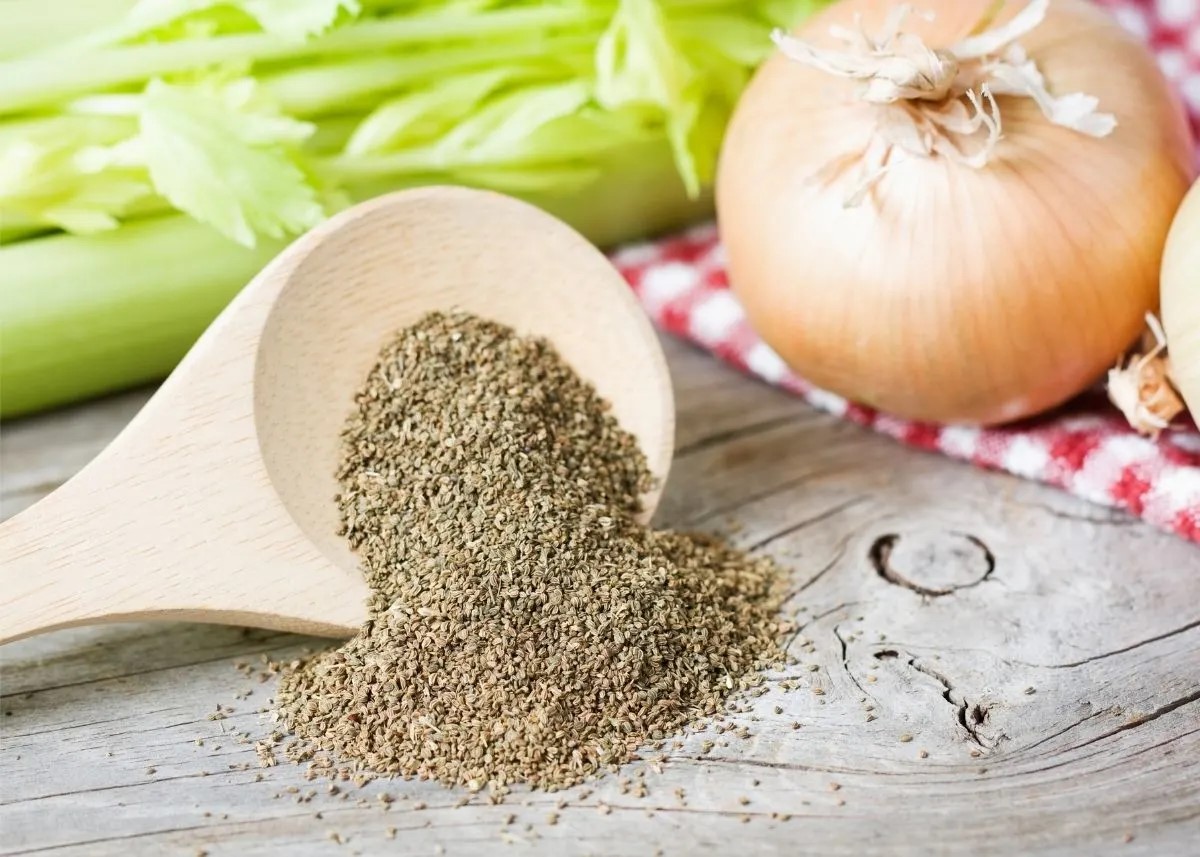




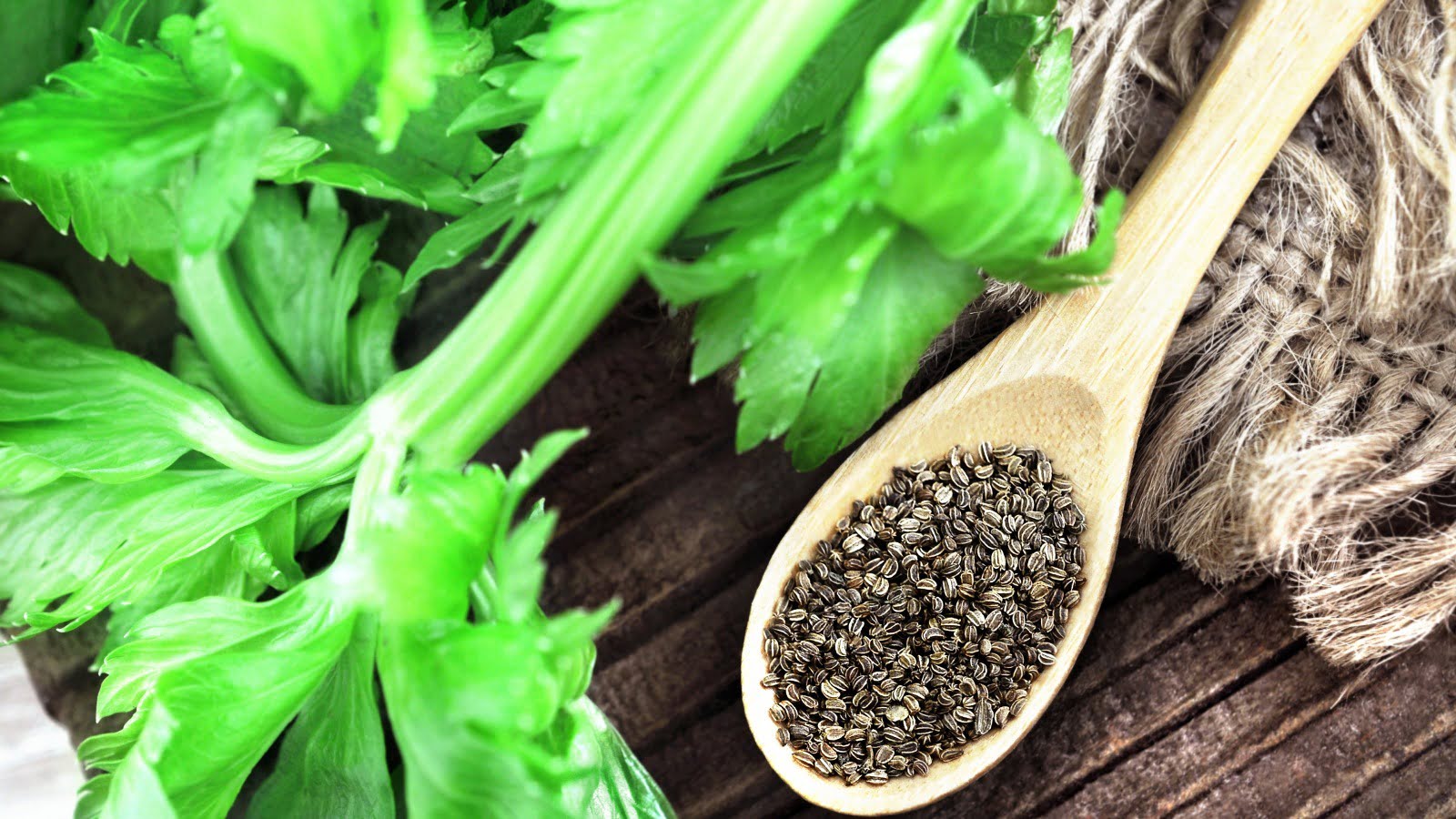
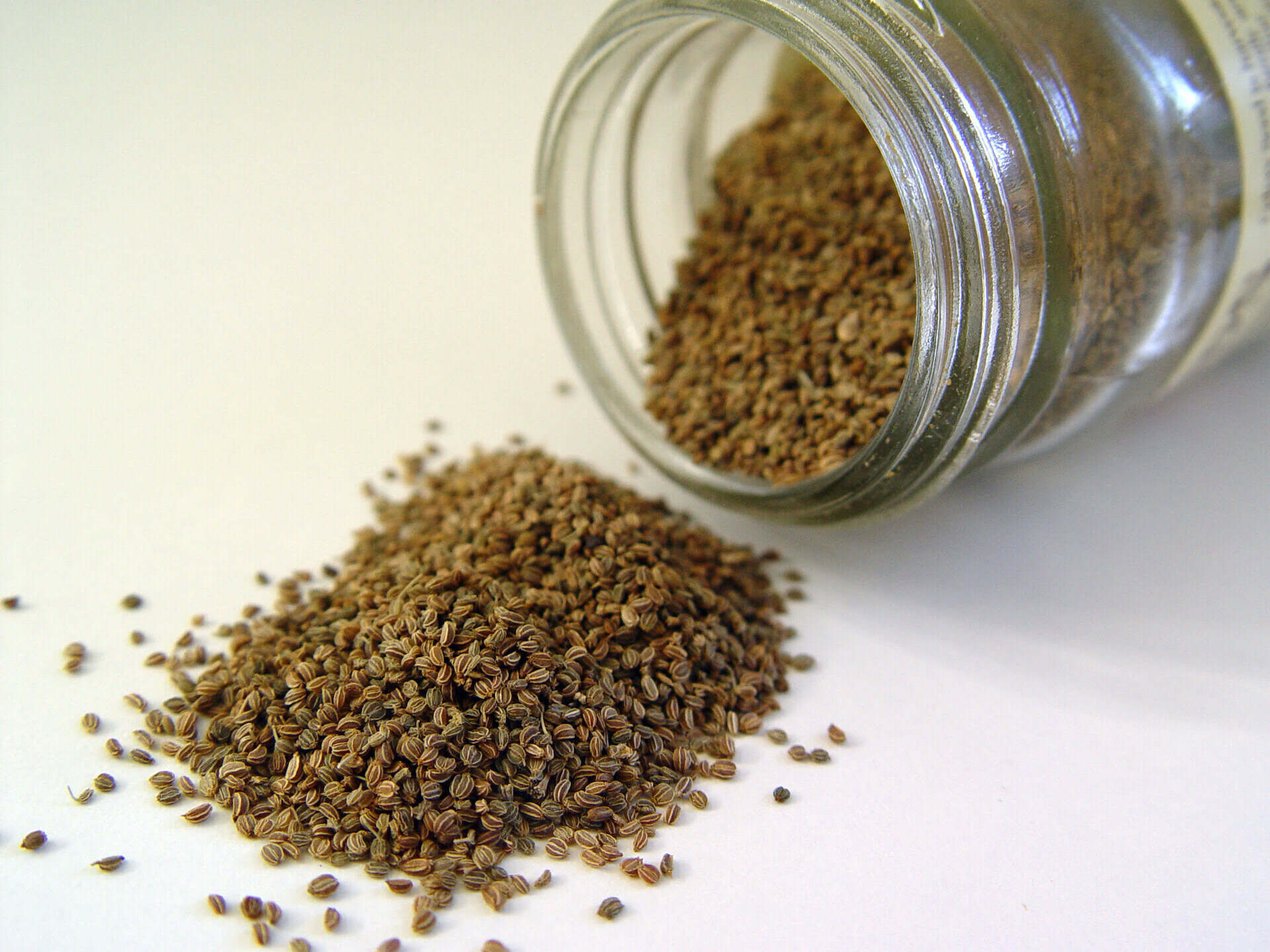
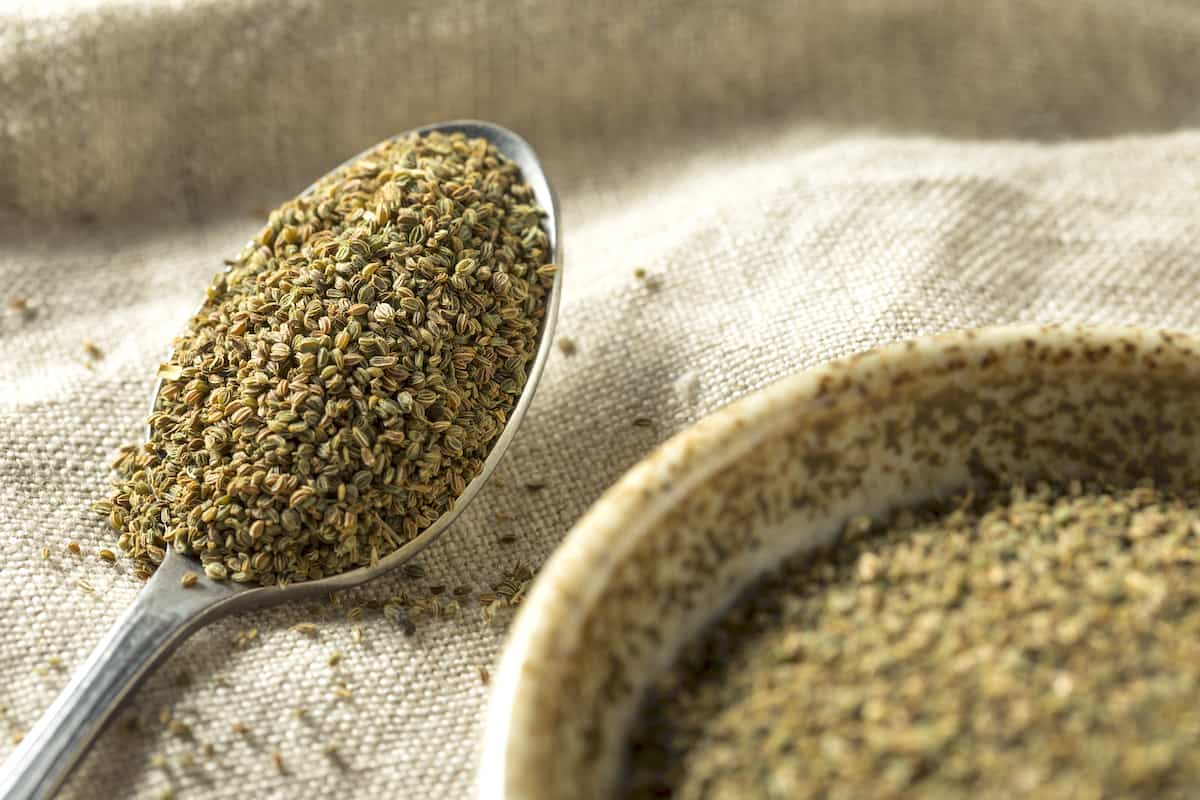

0 thoughts on “What Is The Difference Between Celery Seed And Celery Salt”